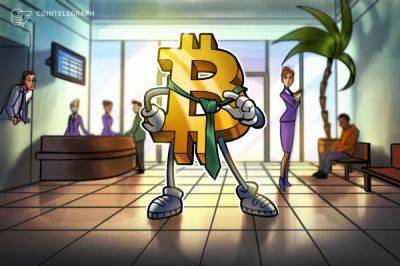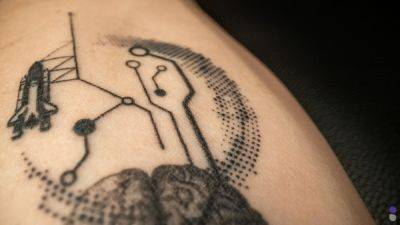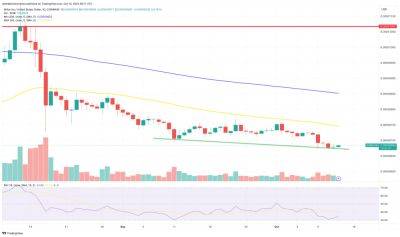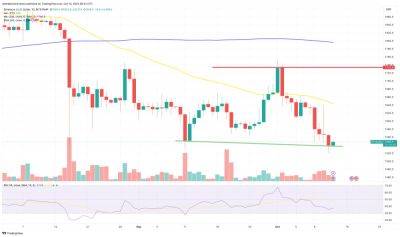Binance rolls out self-trade prevention for spot and margin trading
Cryptocurrency exchange Binance is scaling its tools to prevent unnecessary trading fees associated with unintentional self-trades.
Binance will fully roll out the self-transaction prevention (STP) function for all spot and margin trading users on Oct. 26, the firm announced on its blog on Oct. 11.
Following the integration, the “expire maker” STP mode will be the default mode for all trading pairs and orders on Binance’s spot and margin trading platforms.
Once the STP feature is live, users will be able to check what orders have expired due to the STP function on the Binance official website, Binance App and Binance Desktop App through the transaction history page, the announcement notes.
Introduced in January 2023, Binance’s STP functionality is designed to block the execution of an order if it would result in a self-trade. The function targets application programming interface (API) traders, who set up specific programs to execute trades automatically with an exchange’s trading engine.
Self-trading occurs when an API user or a group of related users trade with themselves, intentionally or unintentionally. The STP enables API traders to avoid accidental self-trading transactions, helping users prevent unnecessary fees associated with such transactions.
Related: Decentralized exchanges a magnet for crypto wash traders: Solidus Labs
“Without STP, unintentional self-trading could happen in a competitive marketplace. For example, when orders from separate trading units of the same firm, using the same unique UID, with unrelated trading strategies, happen to post orders that trade with each other,” Binance said.
While unintentional self-trading transactions are handled through the STP, intentional self-trades are prohibited
Read more on cointelegraph.com





















